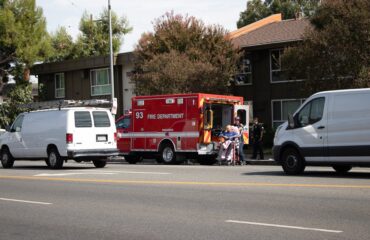
There are few things tougher to cope with than the loss of a loved one. In cases where a loved one’s death is sudden and unanticipated, families may struggle severely with both shock and grief. Once the shock begins to wear off, a family often has a new set of struggles: getting by without an income earner, loss of companionship, medical bills for severe injuries, funeral bills and other new expenses related to a fatal accident.
How can grieving families begin to deal with these daunting challenges? If the death was caused by the negligence of another, a wrongful death cause of action may be pursued and compensation may be awarded. In Delaware, a wrongful death suit can be brought on behalf of the deceased person’s spouse, child, parent or sibling. If there are no individuals qualifying as any of the above types of relatives, a wrongful death action may be brought by any of the deceased’s relatives by blood or marriage.
How is compensation awarded to these individuals at the conclusion of a wrongful death suit? A jury or court will decide based on considering the circumstances of the case and then awarding an amount they consider fair compensation for the harm caused by the unexpected death. The following may be considered when awarding wrongful death compensation: loss of financial benefits associated with the continued life of the victim, mental anguish, funeral expenses, loss of household, marital or parental services and loss of support contributions.
It’s helpful to know that many of these reasons for compensation come with their own rules; for example, compensation for funeral expenses must be “reasonable” and usually in an amount no higher than $7,000. A Delaware wrongful death attorney can help a family understand what types of compensation they may be entitled to and how to pursue it via a wrongful death action in civil court.
Source: Delaware Code Online, “Chapter 37. Survival of actions and causes of action; wrongful death actions,” accessed Aug. 8, 2015





